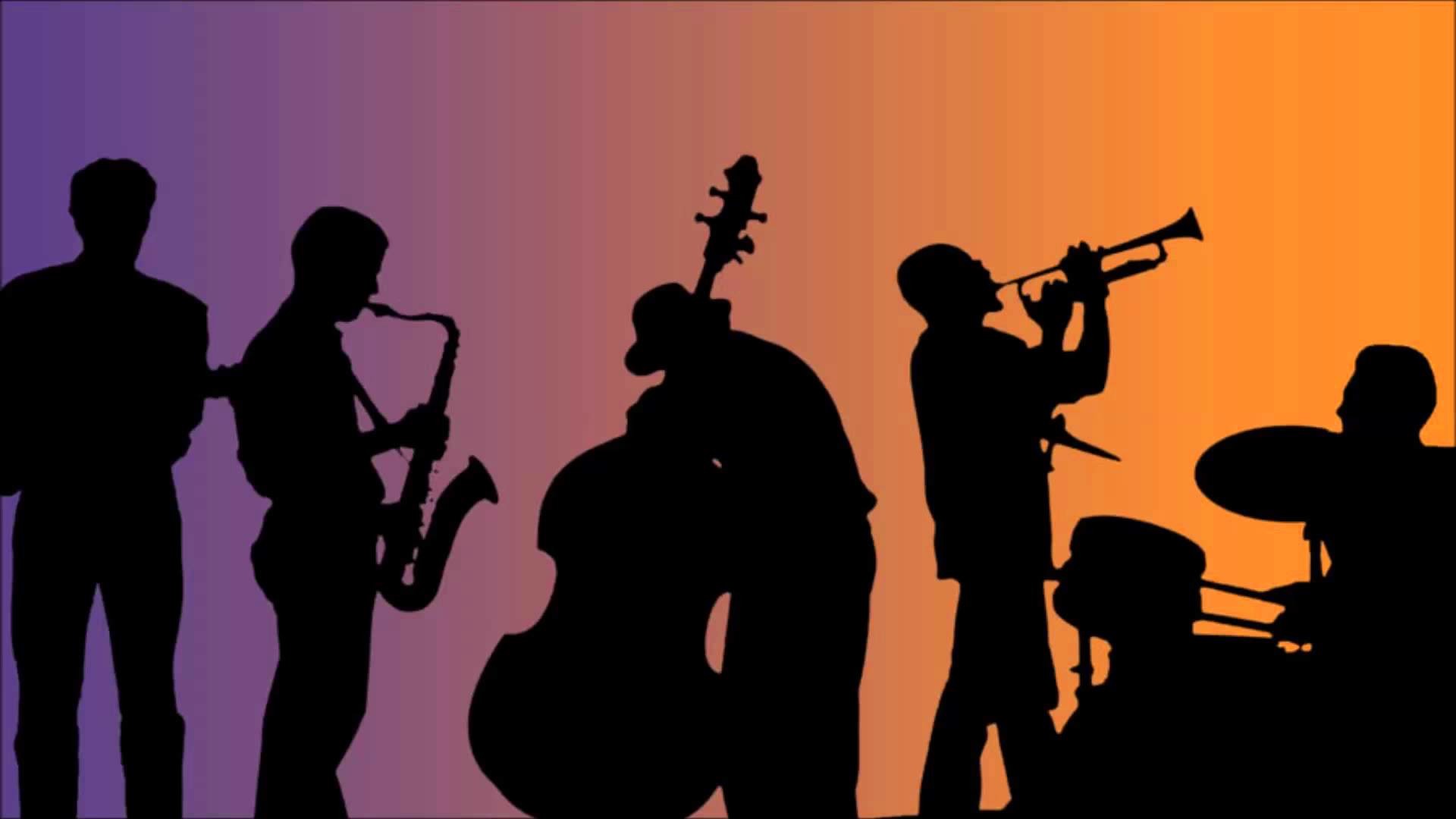
What Is Jazz Music? 6 Reasons Why Jazz Is Important
Jazz music is a unique and complex genre born in the early 20th century. It is characterized by its improvisational nature, syncopated rhythms, and distinctive harmonies. Jazz music has had a profound impact on American culture and has spread to various countries worldwide.
Understanding the Essence of Jazz
6 Reasons Why Jazz Is Important
- Cultural Significance: Jazz music has played a crucial role in American history, reflecting the cultural experiences and struggles of African Americans. It has contributed to the development of other genres, including blues, rock, and pop music.
- Improvisation and Creativity: Jazz music encourages improvisation, allowing musicians to explore their creativity and showcase their musical skills. This fosters innovation and pushes the boundaries of musical expression.
- Social Commentary: Jazz musicians have often used their music as a means of social commentary. The lyrics and improvisations frequently address issues of race, inequality, and political injustice.
- Global Influence: Jazz music has had a profound impact on music worldwide. It has inspired and influenced musicians in different countries, leading to the development of various subgenres and interpretations.
- Educational Value: Jazz music offers significant educational benefits. It requires a high level of musical understanding, improvisation skills, and ensemble playing. Studying jazz can enhance musical literacy and foster creativity.
- Therapeutic Effects: Research has shown that jazz music can have therapeutic effects. Its improvisational nature and syncopated rhythms can reduce stress, improve mood, and stimulate cognitive function.
Critical Perspectives on Jazz
Conclusion: The Enduring Legacy of Jazz
Jazz music continues to evolve and captivate audiences worldwide. Its emphasis on improvisation, creativity, and cultural significance ensures its enduring legacy. Whether you are a seasoned aficionado or a curious newcomer, the complexities and beauty of jazz music offer something for everyone.
As we appreciate the richness of jazz music, let us also acknowledge its historical importance and its role in shaping contemporary music and culture. By embracing the diversity of perspectives and the ongoing evolution of jazz, we can continue to celebrate its enduring legacy and its transformative power.
